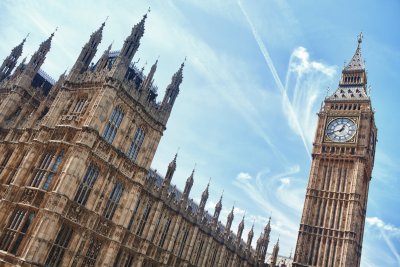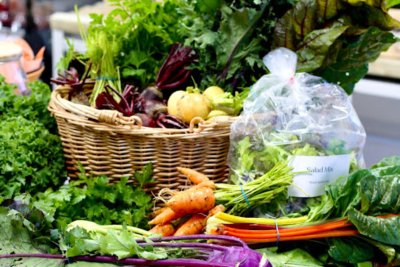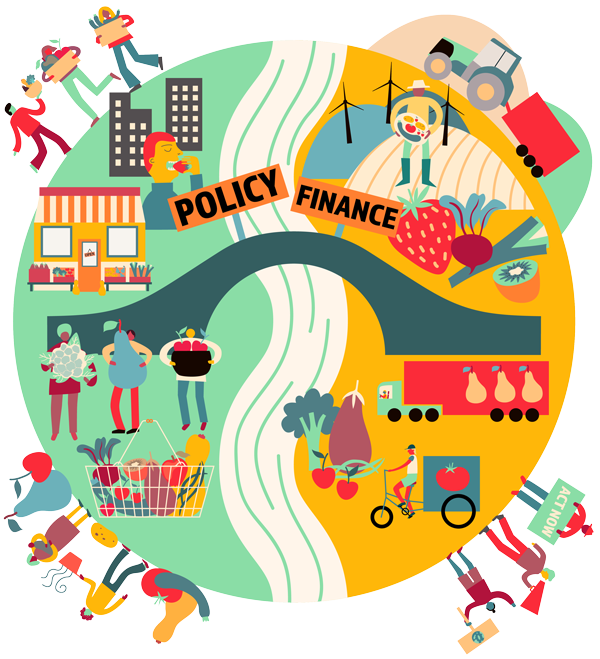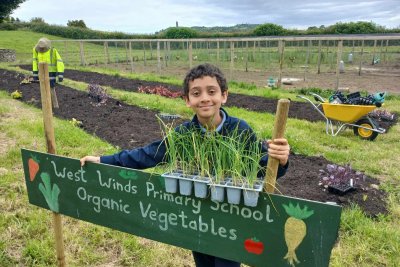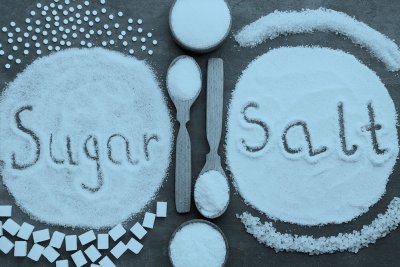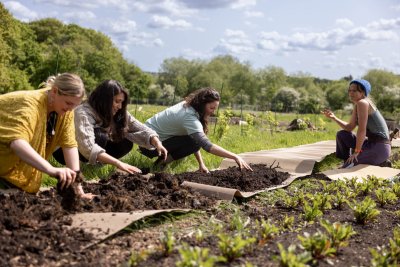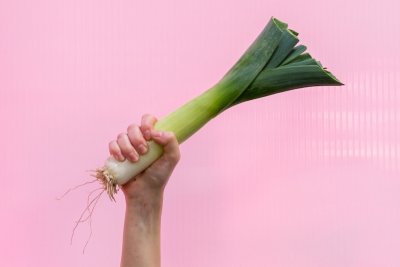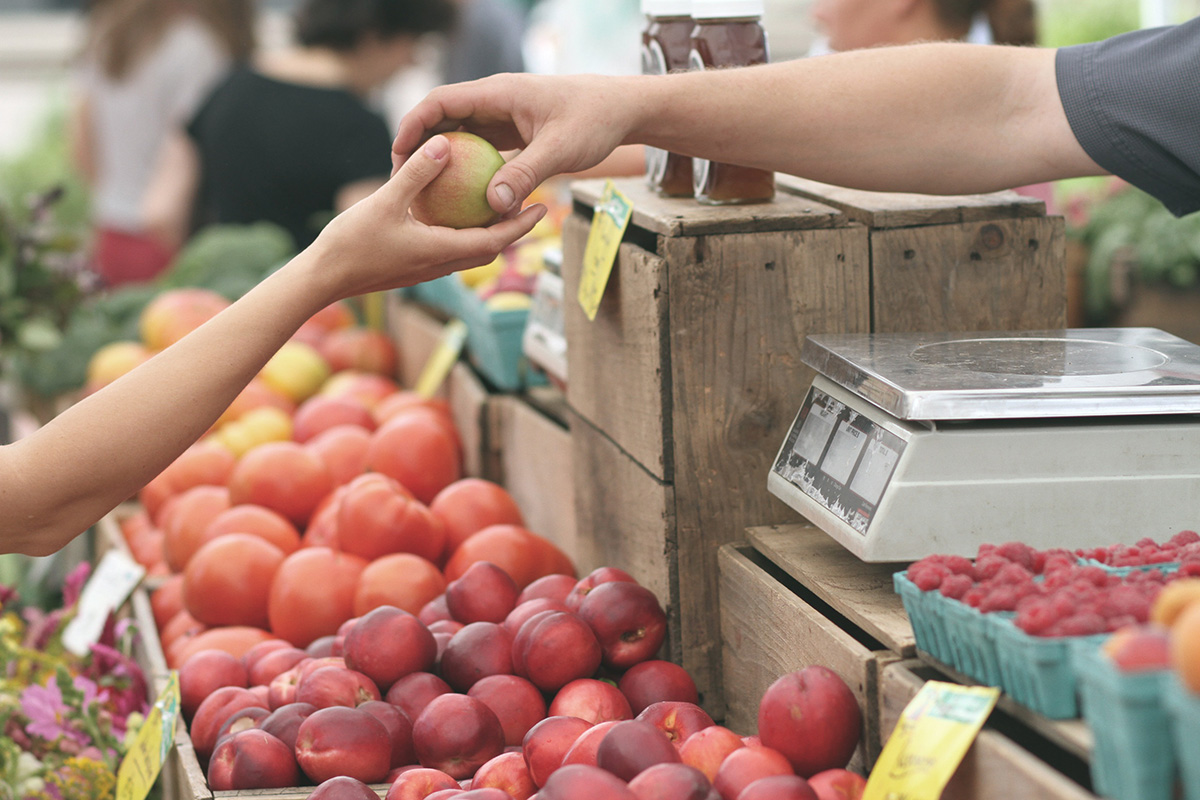 Photo credit: Erik Scheel, Pexels
Photo credit: Erik Scheel, Pexels
Ministers challenged to guarantee food for vulnerable people in the event of a no deal Brexit
As featured in Huffington Post today, food banks, homeless hostels and domestic violence refuges are among the services that may struggle to provide food for vulnerable adults and children as a result of a ‘no deal’ Brexit, food aid providers have warned the government.
In a letter to welfare secretary Amber Rudd and the Cabinet member with responsibility for no-deal Brexit preparedness Michael Gove, the food aid providers warn that food price inflation and disruption to supplies could see food donations to frontline charities dry up, leaving hundreds of thousands of vulnerable people at risk of going hungry.
“We need to be clear with you that food banks and frontline charities are in no position to respond to such an eventuality, having neither the money nor storage to stockpile food, often being run by volunteers, and many being already over-stretched meeting current need,” says the letter, co-signed by FareShare, the Trussell Trust, the Independent Food Aid Network, FoodCycle, the Felix Project and City Harvest, and supported by several other national food, health and poverty groups.
Download the letter to Cabinet ministers Amber Rudd and Michael Gove here: [pdf of letter]
Kath Dalmeny, chief executive of the Sustain food and farming alliance who coordinated the letter, said:
“It is absolutely unconscionable for our government to consider letting no-deal Brexit result in more food insecurity for homeless people, those fleeing from domestic violence, people experiencing mental health crisis and children from struggling families. Prime Minister Boris Johnson has confirmed a multi-billion-pound budget for no-deal Brexit preparations. Some of that must be ring-fenced to guarantee money for vulnerable people to be able to buy food, with a clear plan for making sure that the money and food reach those in need.”
Sabine Goodwin, Coordinator of the Independent Food Aid Network, said:
"Thousands of independent food aid providers are already struggling to cope with increasing levels of food insecurity. Frontline organisations do not have the capacity to cope with a reduced food supply, increased costs or a further increase in numbers of people in need. An adequate central hardship fund that would provide cash grants to those unable to afford to feed themselves and their families is a critical first step in any no-deal Brexit strategy."
The food aid organisations behind the letter represent the main networks that provide food for people most in need in the UK. From April 2018 to March 2019, food banks alone supplied well over 3 million emergency food parcels to people in crisis (roughly a third of these to children). In addition, emergency meal and other food aid providers supported hundreds of thousands of people, providing food for millions of meals to vulnerable people and the frontline community groups that support them.
The organisations ask welfare secretary Amber Rudd to confirm and provide details of a “national hardship fund” that would make cash grants to guarantee adequate food for the period of disruption, which they understand could be three months or more, with money distributed via suitable public sector institutions, agencies and channels.
Food price rises restulting from a disorderly no deal Brexit have been predicted by the Governor of the Bank of England and Cabinet Secretary Sir Mark Sedwill. The government has reportedly set aside £4.2 billion for no-deal planning, with Michael Gove having access to further funds, a Number 10 spokesperson has said. There has as yet been no indication of how government plans to help people especially vulnerable to food price rises or disruption to food supply.
The co-signatories to the letter remind welfare secretary Amber Rudd that she has twice made reference in public to the possibility of a national hardship fund to help those most in need, in the event of a no deal Brexit. She told the Work and Pensions Select Committee in March 2019 [1] that the Department for Work and Pensions was “looking at the possibility” of a national hardship fund and mentioned it again on the BBC’s Andrew Marr show in mid-July 2019 [2].
The open letter is copied to Michael Gove MP, Cabinet member with responsibility for ‘no deal’ Brexit preparations.
References
[1] Department of Work and Pensions Amber Rudd gave evidence to a session of a DWP Select Committee inquiry, held on 11 March 2019: transcript here, extract as follows:
- Q58 Ruth George MP: "What about food prices and inflation that will hit people on the lowest incomes?"
- Amber Rudd: "Government overall have been looking at the possibility of having a hardship fund should it be necessary."
- Chair, Frank Field MP: "Will that be food subsidies?"
- Amber Rudd: "I am afraid I cannot be drawn any more on it."
[2] On the Andrew Marr Show, 14 July 2019, BBC interviewer Andrew Marr asked, “You told MPs you had a hardship fund being prepared, will that be ready?” Welfare secretary Amber Rudd replied, "We will be ready, should we need it,” and then spoke about Jeremy Hunt having set out plans for ameliorating the impact of Brexit, including £6bn for farming and fishing. Marr then asked whether she could confirm how big the hardship fund would be and Rudd replied, “No, at the moment we’re looking at what would be needed.”
Good Food Trade Campaign: Campaigning for good trade that benefits people and the planet at home and overseas.
Sustain
The Green House
244-254 Cambridge Heath Road
London E2 9DA
020 3559 6777
sustain@sustainweb.org
Sustain advocates food and agriculture policies and practices that enhance the health and welfare of people and animals, improve the working and living environment, promote equity and enrich society and culture.
© Sustain 2024
Registered charity (no. 1018643)
Data privacy & cookies
